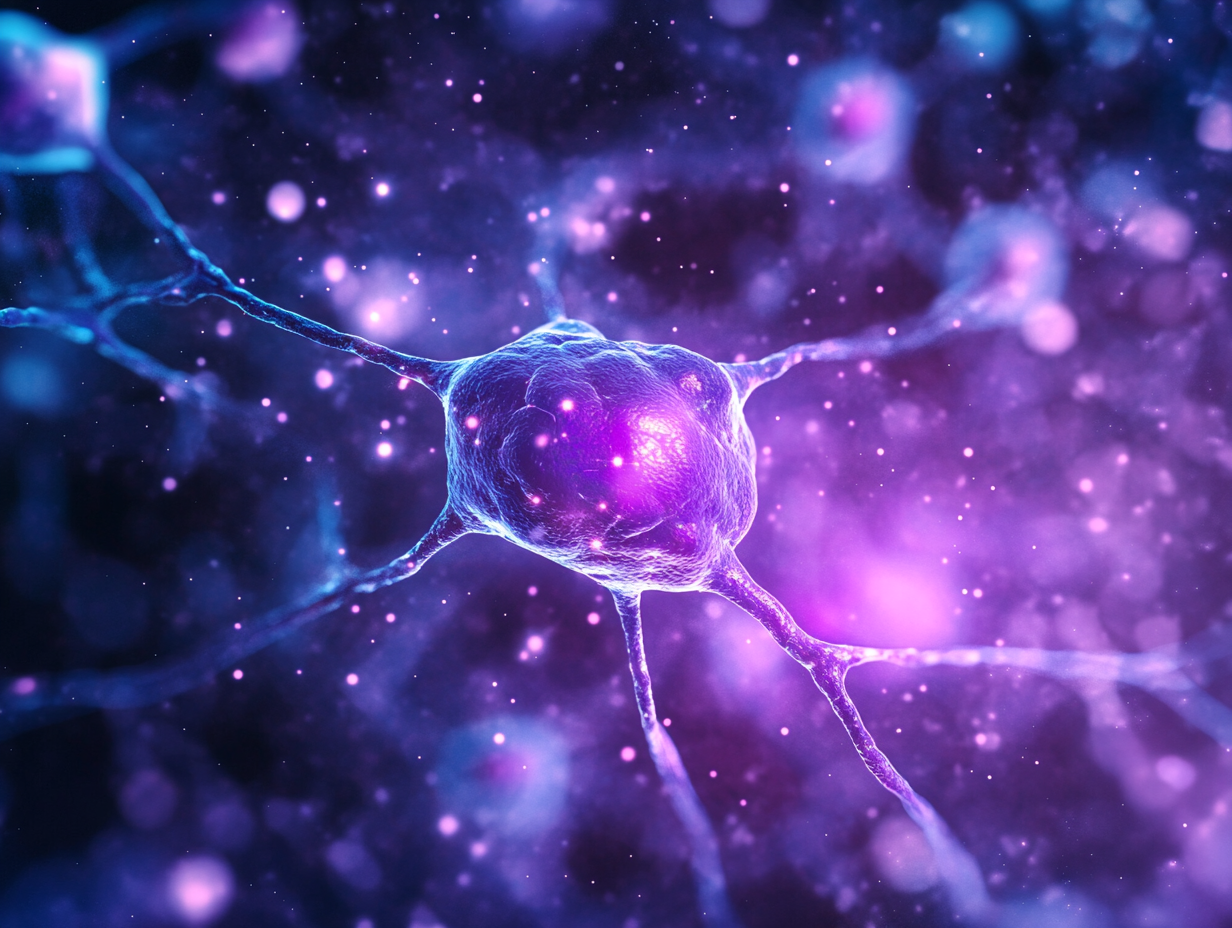Latest in: Dementia Diagnosis & Testing
Across the globe, researchers are racing to develop ways to detect dementia and mild cognitive impairment (MCI) in the critical early stages. Recent breakthroughs in dementia testing are promising. But what are they? And …
4 min read
Worried about your memory or someone else’s? You’re not alone. It’s common to forget a name or misplace your keys from time to time, but when forgetfulness starts to affect daily life, a memory …
4 min read
Vascular dementia is the second most common form of dementia after Alzheimer’s disease. While it shares some symptoms - like memory loss and confusion - it has a different root cause and often progresses …
3 min read
If you or a loved one are experiencing memory problems, your healthcare provider may recommend a memory assessment. It’s natural to feel nervous or unsure about what to expect, but understanding the process can …
4 min read
Frontotemporal Dementia (FTD) is a group of brain disorders caused by progressive nerve cell loss in the brain’s frontal and temporal lobes - the areas responsible for behavior, personality, language, and movement. Unlike Alzheimer’s …
4 min read
Chronic Traumatic Encephalopathy (CTE) is a progressive, degenerative brain condition caused by repeated head trauma. Once primarily associated with professional athletes, especially football players and boxers, CTE is now recognized as a broader public …
3 min read
Lewy Body Dementia (LBD) is a complex and progressive brain disorder that affects thinking, movement, behavior, and mood. It’s one of the most common types of dementia after Alzheimer’s disease but remains widely misunderstood. …
4 min read
Receiving a diagnosis of dementia is life-changing - for the person living with the condition and for their loved ones. It often brings a mix of emotions: confusion, fear, grief, and, for many, a …
3 min read
Diagnosis, Treatment, and Support Primary Progressive Aphasia (PPA) is a rare neurological condition that gradually impairs language abilities. Unlike other forms of aphasia that result from sudden events like strokes, PPA progresses slowly, affecting …
2 min read
Dementia can now be predicted up to five years before symptoms appear with a simple smell test, according to recent research.
3 min read












